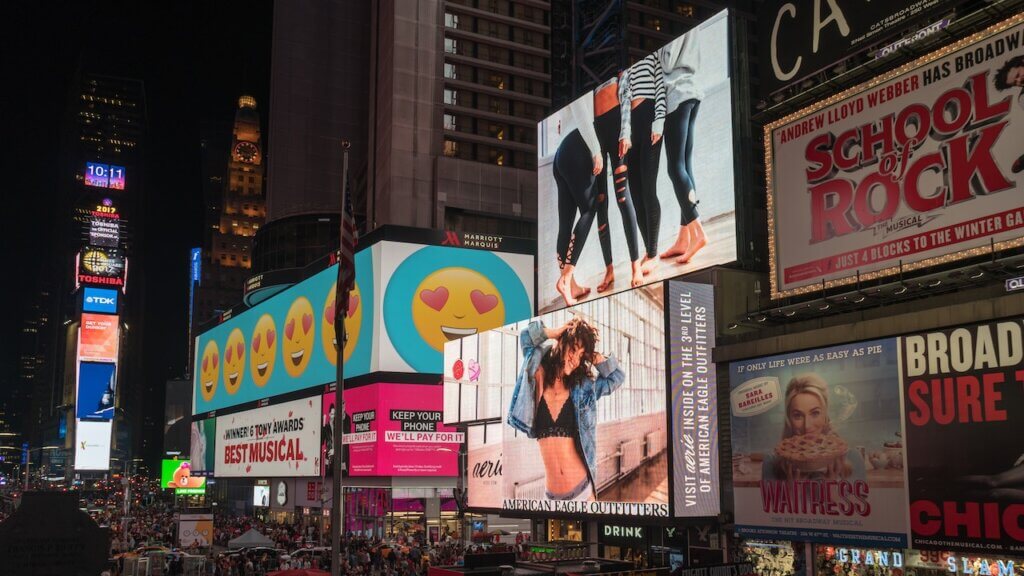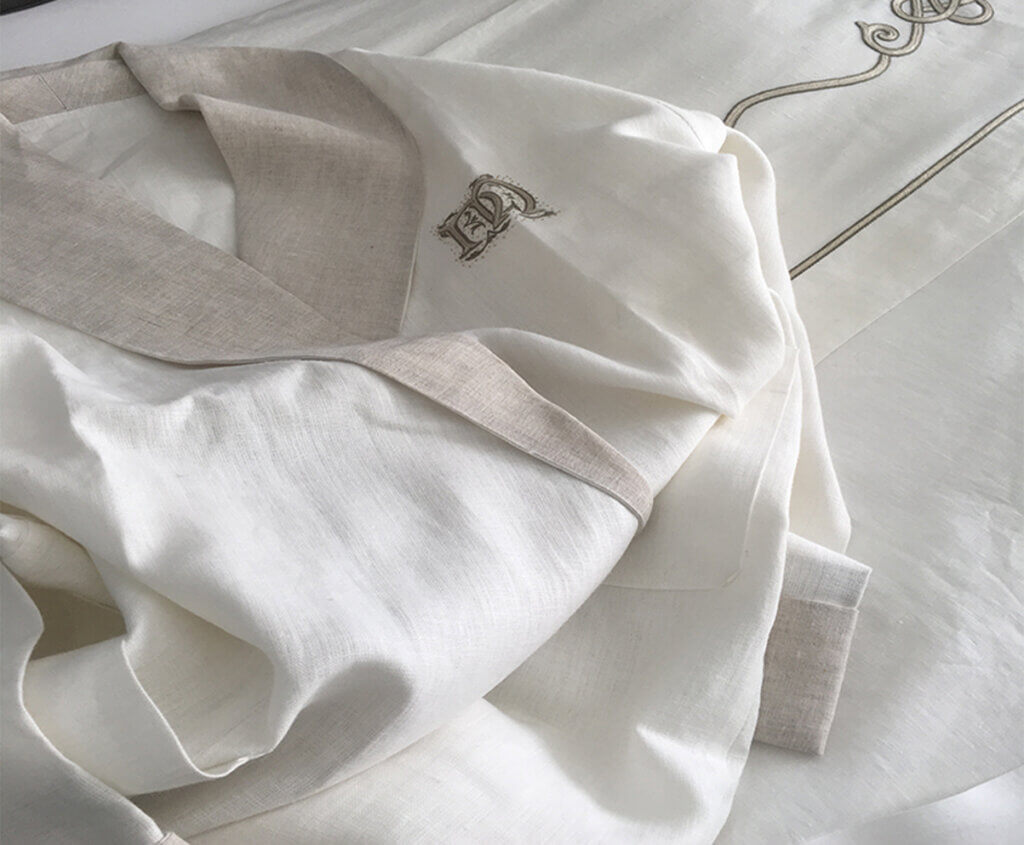Why is Regenerative Luxury Important in 2023?
What Actually is Luxury?
The idea of luxury has always been a complex one. As long as it has been around it has been disputed as to whether luxury was aspirational or an enemy of virtue. The word itself comes from the Latin word luxus, which meant excess, debauchery. Inherently luxury goes beyond our basic needs. The symbolic value of a luxury product extends far beyond its functional purpose. As such, many people questioned its true worth. Even in 2023 luxury continues to be a major sociological issue, because it has to do with social stratification, the notion of practical utility, waste and wealth distribution. Regenerative luxury is the key to the future of the industry.
Luxury isn’t the most valuable sector in the global economy but it is certainly one of the most visible. It stays strong above all crises, surviving where many other industries don’t. The massification of luxury has meant that the true essence of luxury has been forgotten: in the past it was strictly related to locally artisanal handmade, long-lasting and precious objects. Now glamour dominates instead of discretion, quantity instead of quality, all for the sake of growth. The industry is often shallow, narcissistic and absurdly competitive. At its core, there is an industry obsession with appearance over substance.
So Why Do We Need Regenerative Luxury?
Mass luxury comes at a cost, and not just the large dent into the bank account at checkout. The industry has a much darker side. To meet the glitz and glamour that luxury consumers expect, they have sacrificed environmental protection and ethical standards within the labour force in low wage countries. This side of luxury, the darker side, has come to light a lot more in the last few years.
It is the side of mass luxury that you won’t see on billboards in Times Square, New York, or along the Champs-Élysées in Paris. In 2020 a New York Times article exposed that many leading luxury brands were subcontracting their labour to certain factories in Mumbai. It isn’t uncommon to subcontract out labour, but in these factories employees were working 17 hour days in dehumanising conditions. They were earning 13% lower than required under the Utthan Framework, signed by luxury conglomerates to give workers fair pay. It’s the degradation of those at the bottom of the chain.

There is a fundamentally parasitic relationship between many modern luxury brands, their workers and the planet. Each small baby step is marketed as a revolution: in reality it is little more than greenwashing. This isn’t to say that luxury is doomed. It is after all, it is something that many hold as aspirational and this isn’t just down to good marketing strategies. Luxury doesn’t have to be the enemy of virtue.
Wealth inequality and climate change are now, in 2023, major concerns that are more commonly held globally now than ever before. Fifty years ago, pretty much nobody spoke out about climate change. Now it is accepted as one of the biggest crises facing humanity: something needs to change.
As the world’s attitudes change, so too can the luxury market.
So What Is Regenerative Luxury?
There are a plethora of new terms that are being used to qualify luxury these days: massage, premium, ultra-premium, casual luxury, accessible luxury, hyperluxury, meta-luxury. If everything is luxury, then nothing can truly be luxury. As the world has moved further away from true luxury, towards the mass-produced tendencies of fast fashion, Regenerative Luxury has developed as a concept.
Regenerative Luxury means taking luxury back to its true roots. Products are made by local artisans, using distinct techniques that are centuries old. In a regenerative model, profits are used to create value for the community it serves, becoming a driving force for change. Reaching this goal is perhaps trickier for well established brands, given the need to restructure a business framework that wasn’t built with sustainability, both socially and environmentally, at its core.
Here at MANIMA, we are driven by the Ancient Greek principle καλὸς καί ἀγαθός (kalòs kai agathòs), which recognises the coexistence of beauty and morality. We have developed a model, which includes our innovative Digital Atelier, designed to allow the scalability of luxury while prioritising regeneration and ethics. Having good principles has a strong place in the luxury market of today.

Our mission is to reestablish the worth of Italy’s artisans, having created a business model that enables them to work from home and earn in a way that reflects the quality of their work. All while doing this with complete transparency, hoping others will follow.
This is what Regenerative Luxury is in 2023. We aren’t just making products that are beautiful, aspirational to own. We are doing so in a way that is good for the environment and cares for our workers. Regenerative Luxury means allowing luxury to flourish while creating a positive balance between business and community value.
Leading the Drive for a Positive Change

Younger luxury brands, like ours, can lead this drive to a positive change by applying a regenerative model. So how do we stop regenerative becoming a meaningless buzzword?
Trust is empirical in Regenerative Luxury: trust between the brand, the team and the community. We recognise the need to build a strong relationship, based on trust, between MANIMA, our artisans and the local community as a whole. We valorise their work, we respect them: transparency is key to our goal of achieving the inherent principles of true luxury.
At MANIMA we recognise our role in building community wealth; we celebrate the tradition of hand embroidery that is over a thousand years old. We enable women to work from their homes in a region where female unemployment rate is as high as 70%, while still creating a strong community through our Digital Atelier. We want to bring a true positive impact to our community.
MANIMA aims to be a role model for Regenerative Luxury. We have a unique opportunity to lead a positive change, regenerating the local economy and preserving precious traditions.
with support of Will Scott



One Comment
Female Artisans: Embroidery as Emancipation - Manima World
[…] this potential and are actively empowering Italy’s female artisans. We believe in the Regenerative Luxury business model: allowing luxury to flourish while creating a positive balance between business and community […]